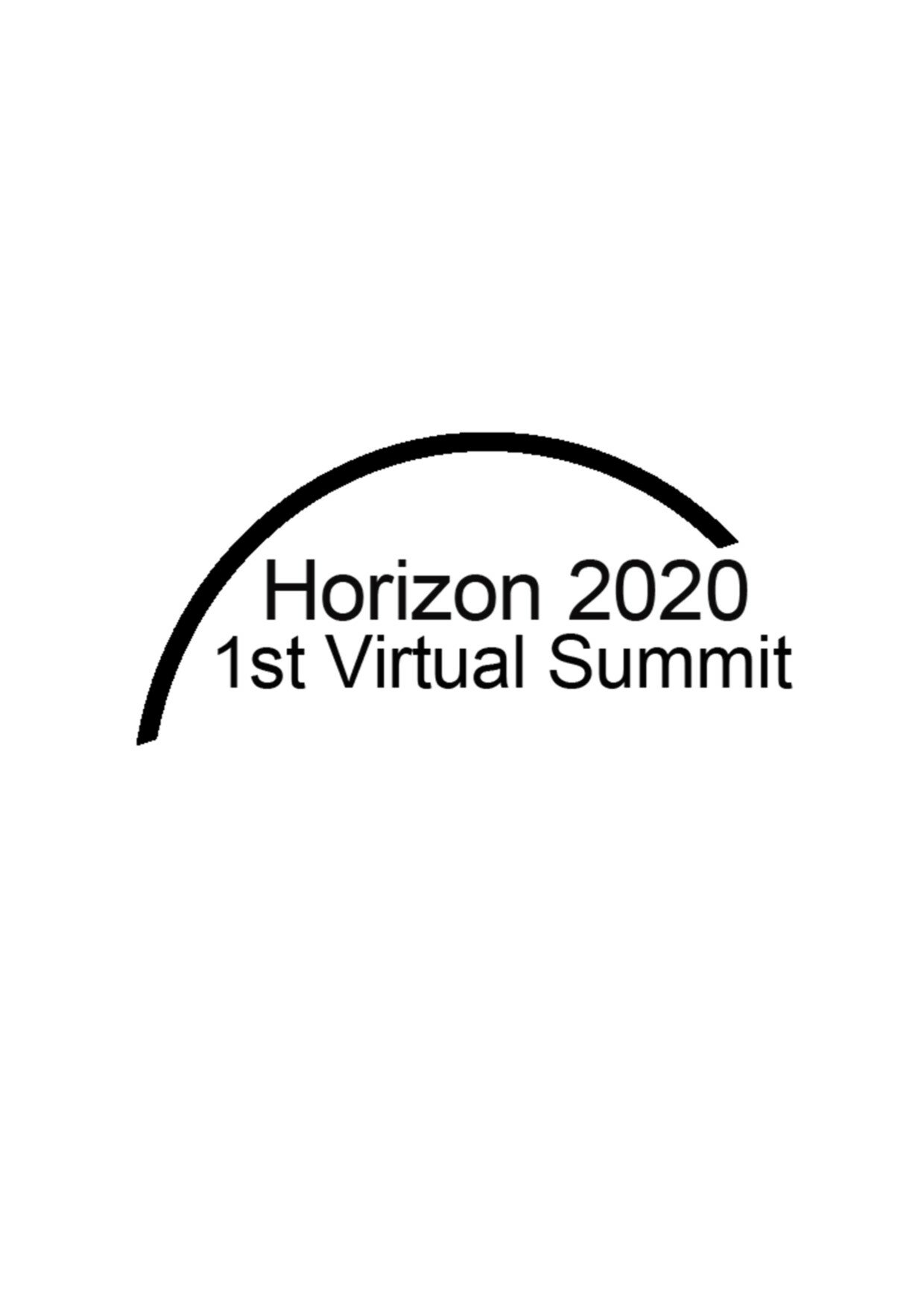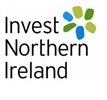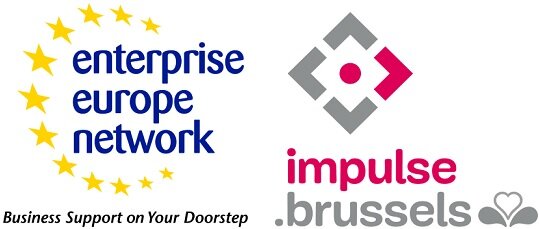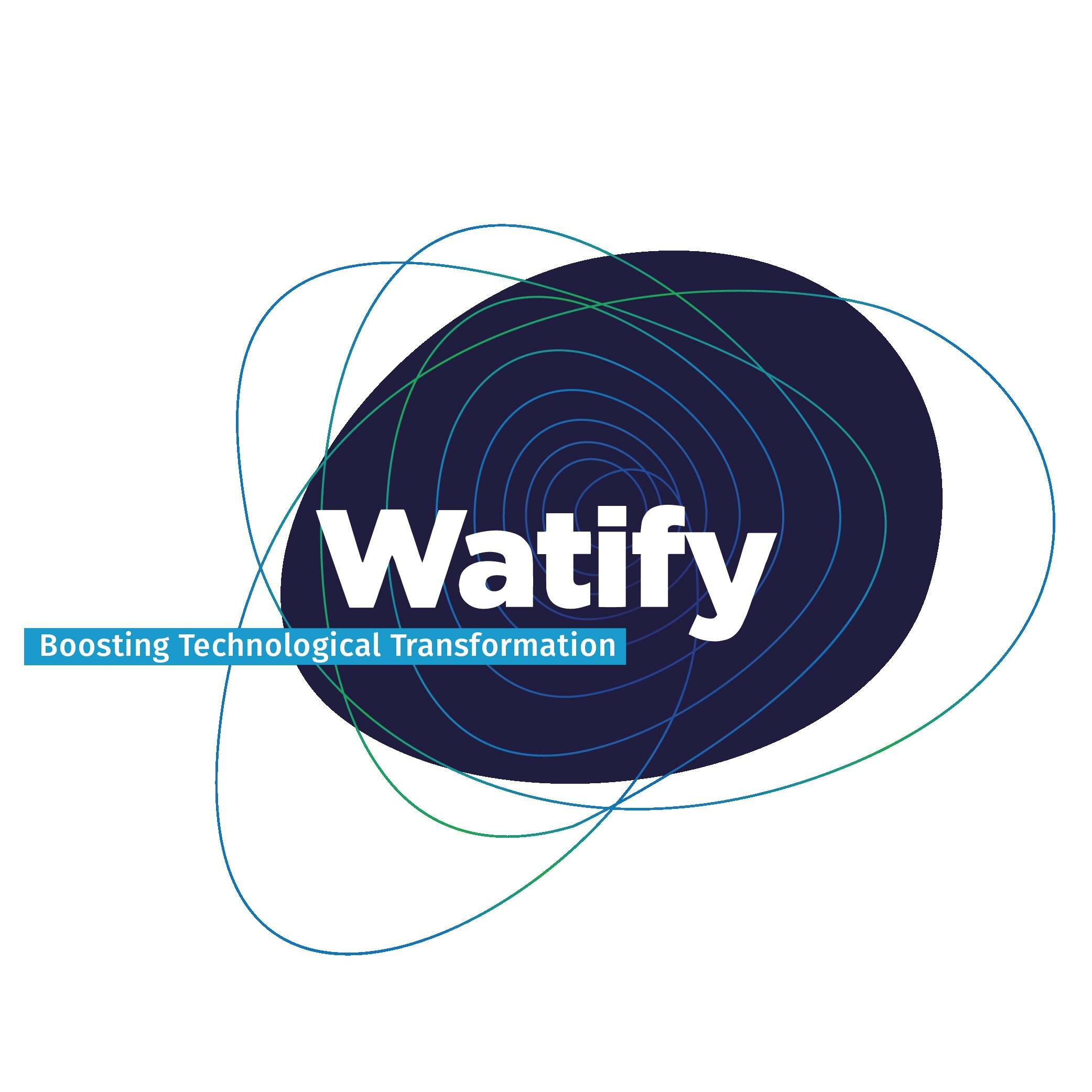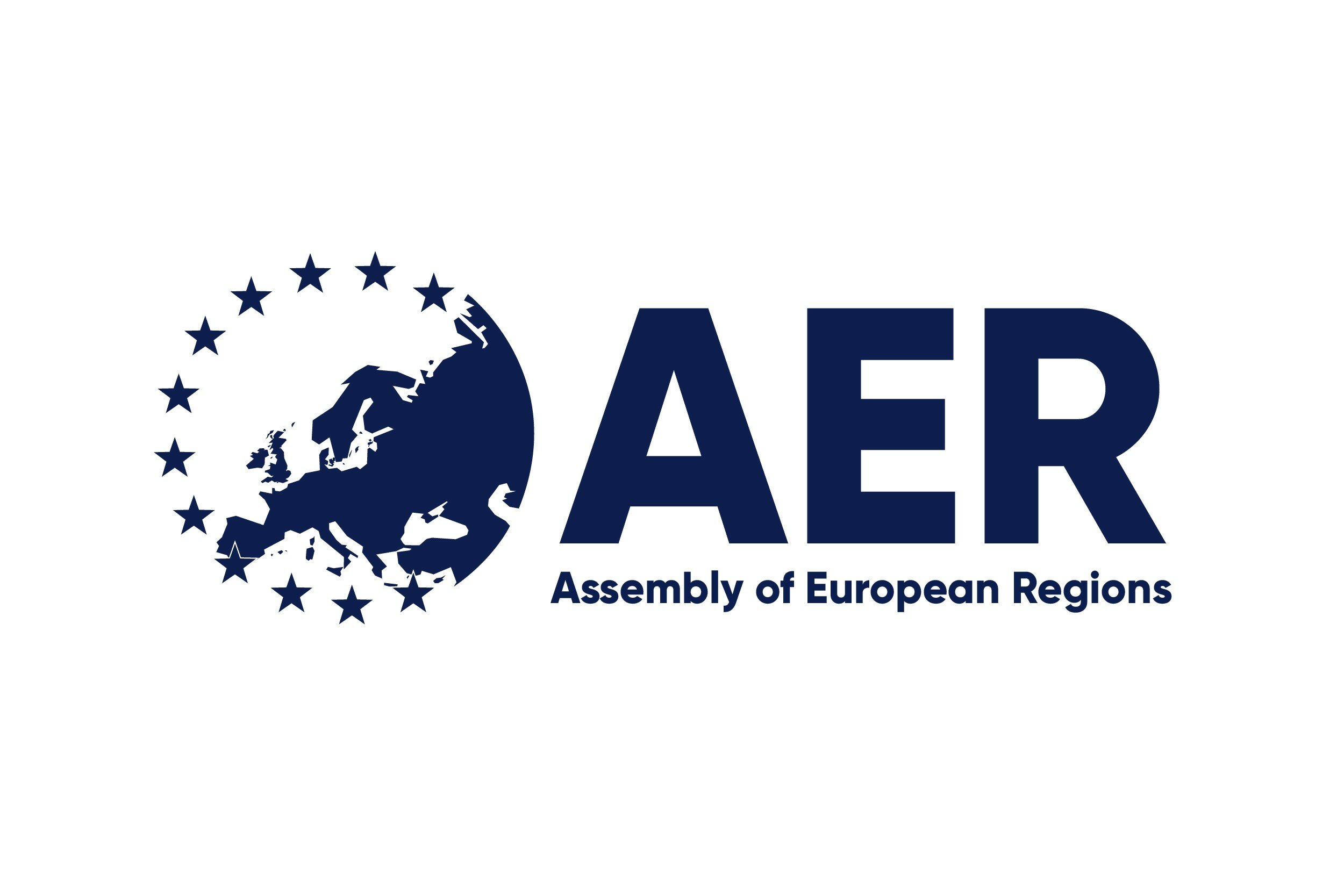Call Reference:
LC-SC3-ES-3-2018-2020
Short description of project idea :
Energy Village 500 project aims to boost the energy transition from fossil to smart and renewable energy systems by applying a holistic and systemic approach. The starting point lies first in rural regions and their communities forming smart energy zones, the so-called ‘Energy Villages’. In these zones the most of local renewable resources are easily harvested and the transition can conveniently be initiated by engaging potential producers, consumers/households, farmers, energy and service companies as well as local authorities. The Energy Village concept will provide a huge opportunity for all European rural regions to create new types of energy value chains and market structures that keep the money flows within the own region, thus boosting its economy and supporting the development of circular economy throughout the EU. Project’s main contents: i) Tools for RES-based self-sufficient analysis Creating and testing a set of common tools and methods to develop regional energy self-sufficiency programs by using each region´s RES potential and total energy consumption. This toolkit contains modular instruments for energy balance calculations, investments analyses, consumption models, and impact assessments. ii) Management and technical solutions Developing new management systems and protection architectures (decentralized / centralized / hierarchical) for smart local energy zones as well as utilize needed energy storage solutions. The aim is to optimize management of energy storages and RES so that local costs will be minimized. From a system point of view the local energy zone can work as a controllable entity (advanced, utility grid-interactive microgrid) which is able to provide technical (ancillary) services and flexibility/security also for the whole power system needs. The optimization also contains the development of RES forecasts, demand forecasts and so called flexibility (RES, energy storages, demand response) forecasts. iii) Future market and business models based on the Energy Village concept Creating and testing new types market and business models (e.g. for prosumers, service providers, farmers) as well as regulation which could enable / support profitable utilization of local, renewable energy resources (RES), energy storages and demand response considering all locally existing energy vectors inside the Smart Local Energy Zones and thereby could enable customer acceptance/engagement to utilize RES based electricity, heat, fuel etc. iv) Demonstration and proof of the Energy Village concept in each partnering country Establishing a European-wide network of 500 regions or communities to disseminate and demonstrate the Energy Village concept in different countries and environments. The network will launch communication and management systems and disseminate a common methodology, investment programs, general legal knowledge and contract templates, and trained regional operators. The idea is to make the network permanent and expand it beyond the partnership already during, and especially after, the project.
Energy Village 500 project aims to boost the energy transition from fossil to smart and renewable energy systems by applying a holistic and systemic approach. The starting point lies first in rural regions and their communities forming smart energy zones, the so-called ‘Energy Villages’. In these zones the most of local renewable resources are easily harvested and the transition can conveniently be initiated by engaging potential producers, consumers/households, farmers, energy and service companies as well as local authorities. The Energy Village concept will provide a huge opportunity for all European rural regions to create new types of energy value chains and market structures that keep the money flows within the own region, thus boosting its economy and supporting the development of circular economy throughout the EU.
Energy
Main areas of expertise:
Renewable energy systems, smart grids, energy islands, energy self-sufficiency, customer value creation, marketing concepts & business models, consumer behavior, deliberative democracy
Main objectives of the project and how will they be achieved:
Title:
Energy Village 500: Smart Local Energy Zones
Description:
To boost transition from fossil fuels to RES in order to slow down and mitigate climate change: By creating non-carbon, or carbon neutral, praxises for local energy systems including end-user energy decisions and energy behavior By creating common tools and methods for analyzing local RES potential By developing management and technical solutions for self-sufficient local energy production and consumption To boost regional economy and vitality in rural regions: By enabling value chains, own production and distribution and trade in energy management within each region or their surroundings’ By ensuring and engaging end-user (e.g. consumers, households) to actively participate the in the RES system By creating and testing new types market and business models to keep the money flows within the own region, thus creating welfare and enhancing the quality of life in the regions To demonstrate and proof the concept of Energy Village By involving around 500 energy villages across the EU By disseminating best practices and solutions in between the 500 villages By elaborating a strategy for future expanding in Europe and especially developing countries throughout the world (e.g. Asia, Africa South-America) To involve directly 0.5-1 Million people in the EU By establishing the energy villages Optionally, expanding network during and after the project
Challenges that may determine the impact of the project:
Title:
Transition process
Description:
The transition from fossil to renewable energy is an on-going process. However, it has been directed by the dilemma of “single separate actions”. These detached operations and investments are important, but usually they are inefficient without meaningful holistic and systemic connections. Although energy transition comprises these separate actions, they can have real significance only when becoming functioning regional systems.
Title:
Social acceptance
Description:
The anticipated reform is a complicated societal process: we need social acceptance and engagement, societal structuring including development of policies, legislation, institutes and market behavior, national and regional economy, business, environmental awareness, and evolution of technical solutions and their value-chains. One major barrier has been the opposition of the traditional fossil-energy actors protecting their businesses.
Title:
Engaging stakeholders
Description:
Collect and successfully integrate multidisciplinary knowledge and expertise, and to involve the major stakeholders to form a coherent systemic approach and turn it finally into practical applications.
Partners that have already expressed interest in the project and expected role:
Title:
Finnish partners
Description:
Two (2) energy utilities, both interested to provide pilot villages and to develop the systemic solutions for their own use One (1) planned pilot village with a comprehensive energy application One (1) major enterprise providing & developing automatic regional management system for sustainable energy Optional: a number of larger energy industries will be invited from within the energy technology cluster in Vaasa region
Title:
European partners (EU)
Description:
Aalborg University
Profile of partners sought and expected role:
Title:
Sustainable energy expertise
Description:
Innovative R&D bodies, having and willing to develop sustainable energy expertise (Universities, development companies, enterprises).
Title:
Local developers and coordinators
Description:
Regional development bodies (development companies, municipalities, regions), ready to coordinate Energy Village 500 initiative nationally.
Title:
Rural area living labs
Description:
Pilot villages and small regions, ready to participate in the Energy Village 500 project.
Title:
Companies and cooperatives
Description:
Enterprises, interested in developing different parts, or the whole system, of the Energy Village 500 approach and its applications.
Previous, relevant EU project experience:
Title:
ASPIRE
Programme:
IEE IEE - Intelligent Energy Europe
Website:
https://ec.europa.eu/energy/intelligent/projects/en/projects/aspire
Title:
50/50 and 50/50 Max
Programme:
IEE - Intelligent Energy Europe
Website:
http://www.euronet50-50max.eu/en/
Title:
RESGen
Programme:
Regions of Knowledge project for regional implementation of renewable energy systems
Website:
https://www.obotnia.fi/resgen/
Title:
DeCAS
Programme:
ERANet Smart Grid Plus –project
Website:
http://www.decas-project.eu/
Title:
COBEREN
Programme:
CONsumer Behaviour Erasmus Network
Website:
http://eacea.ec.europa.eu/LLp/project_reports/documents/erasmus/networks_2009/er...
Specific countries/regions/cities you are keen to collaborate with:
Eastern Europe, Germany, The Netherlands, France, Italy, Spain, Sweden, Denmark
First Name:
Pekka
Last Name:
Peura
Name of the organisation:
University of Vaasa
Short description of organisation:
University of Vaasa (UVA) is a business-oriented, multidisciplinary, international university. In its focus areas, the University conducts impactful research of a high international standard and educates competitive experts in various fields. The UVA’s profile combines high-level expertise in the fields of business, humanities, social science, and technology. The multidisciplinary profile is reinforced by the three focus areas: Management and change, Energy and sustainable development and Finance and economic decision-making. These focus areas are unified by the concept of value and new ways to create value in relation to business, sustainable development and well-being. Accordingly, UVA operates in active and responsible interaction with society globally, nationally and locally. VEBIC - Vaasa Energy Business Innovation Centre provides a leading edge international research infrastructure that serves both academic and industrial needs. Internal combustion engine and fuel laboratories are complemented by a multi-disciplinary research platform focused on the wider business and societal impacts of new energy technologies. The strength of our university is the community spirit, which promotes multidisciplinary studies and research. The campus is located on the western coast of Finland, and offers a modern study environment for more than 5000 students on the shore of the beautiful Gulf of Ostrobothnia and its archipelago.

